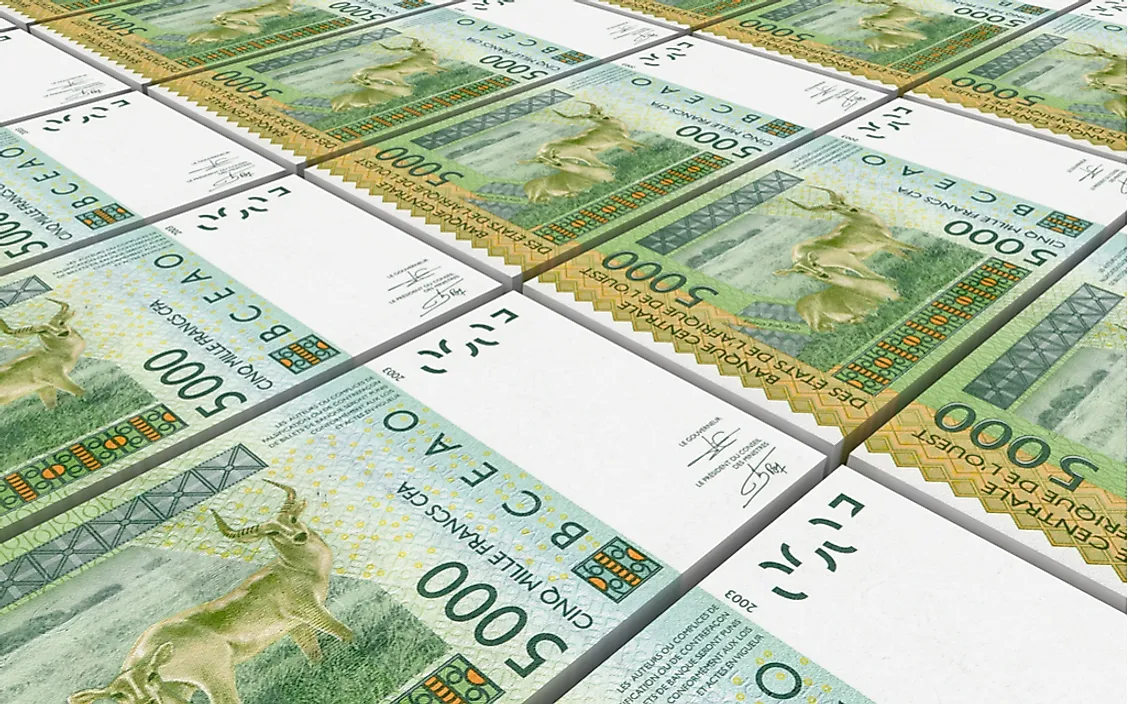A new era emerges in Senegal as the government pursues full independence, threatening the European Union’s privileges, including in fishing.
This shift aligns with similar movements in Mali, Burkina Faso, and Niger, mirroring a broader trend of diminishing European influence in West Africa.
Resentment towards France has intensified, evidenced by the toppling of colonial monuments and attacks on French businesses during protests.
President Bassirou Diomaye Faye and Prime Minister Ousmane Sonko plan to introduce a national currency, moving away from the CFA franc.
Their agenda includes renegotiating contracts on natural gas and fishing, prioritizing national interests, particularly with the EU.
Recently, EU Council President Charles Michel arrived in Dakar for preliminary talks, highlighting the gravity of Senegal’s new direction.

Senegal’s PASTEF party, under Sonko’s leadership since 2014, has championed anti-corruption and resisted the old elite’s ties with France.
In 2023, the party faced dissolution amid accusations, sparking widespread protests. These events paved the way for Diomaye Faye’s presidential candidacy.
Tensions peaked when the presidential election was postponed indefinitely, prompting protests and international outcry.
The election eventually proceeded, with Diomaye Faye winning decisively.
His victory, with 54.3% of the votes, marked a significant shift away from established powers, reflecting a broader rejection of neo-colonial influence.
A survey highlighted that a majority of Senegal’s youth view France’s influence negatively, further proving the changing tides.
The new leadership is taking steps to end resource exploitation and reduce foreign dependency.
Senegal’s Path to Autonomy
By pulling away from the CFA franc and investing in local agriculture, Senegal aims to fortify its economic independence.
Diomaye Faye also seeks fairer terms in international resource deals, ensuring more benefits remain within the country.
As Diomaye Faye rethinks Senegal’s fishing agreements with the EU, the implications are clear.
The EU may need to concede its long-held advantages as Senegal strides towards a future defined by autonomy and national prosperity.
This narrative of liberation not only captivates but also signals a significant transformation in West Africa’s geopolitical landscape.

